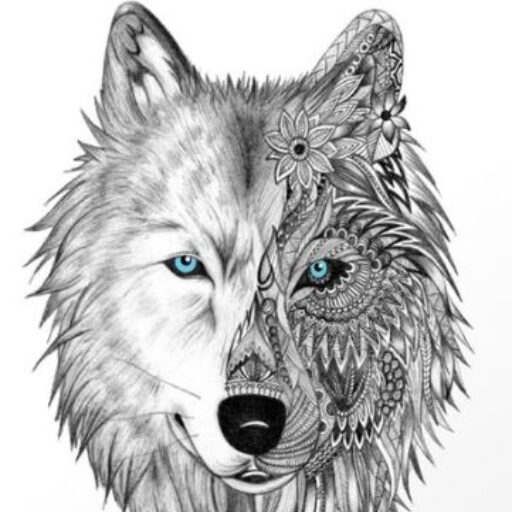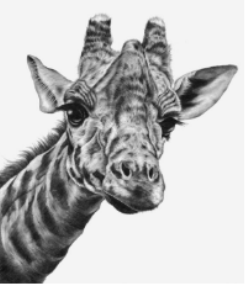
Marshall Rosenberg used the phrase “Jackal talk” to represent the kind of communication that makes it harder for us to give to people in a way that we want to give. We all like to give to people when we do it willingly. We hate to give when we are doing it out of coercion or to avoid guilt, fear, or shame.
But the above description already places the jackal in relationship and views his impact as it were from a Giraffe point of view. Within the pure jackal world, there is no awareness of the tragic impact of this way of communication and, indeed, doing things.

Marshall wrote a poem, describing the Jackal Game as we all know it.
It is possible to try to force other people to do what we want, no matter if they want it or not. From giraffe perspective this strategy of over-powering others takes all the joy out of life processes and our relationships with others, as we will pay a hefty price for this strategy. More on power and control. But from a jackal perspective, it is all about winning battles and being right. Listen to the propaganda talk from the Kremlin, for example: “We are winners, we have always been winners and we will always be winners in the future.” This is pure illusion, with no awareness for diversity and compassion for those who are like us, but do not get what they want. The jackal imagines he does not care about others, but in fact he does – no matter who hard she or he want to not see it.
The blame game is the traditional domain of expertise of the jackal. The better a person is at blaming others, the more he or she can be appreciated in the jackal world out there. Some jackals are so good at this game, that they turn into comedians, politicians, writers or famous leaders.
These are sometimes very powerful and their talk can lead to real catastrophes in the longer run. At first they are fascinating people and tend to express needs that ring true for many people, albeit in a tragic way. The tragedy becomes clearer when one looks at the ultimate consequences, what the blame talk leads to in the end.
Classic Jackal
Jackals tell people what they don’t want.
Jackals negate easily, especially when talking with themselves.
Jackals – while feeling discomfort – make irritating request-free statements.
Jackal eyes – when we think that another person is not treating us as a human being, we get jackal eyes.
Jackals request feelings from other people – Don’t worry, be happy.
Jackals put their needs in terms of judgments and make it very hard for other people to give them what they want.
Giraffe requires the wonderful human characteristic of our being able to imagine a future that is better than the present.
Giraffes put requests into a positive-action language.
How a Giraffe can learn to meet the Jackals
Stop.
Embrace your jackal today.
Meet yourself and your ancestors – with more care and understanding.
From an inner space of understanding for your own needs, respond to others with empathy.
Work to pull the jackals ears, when you make your honest requests.
What does it mean – embracing a jackal with care?
It means that we can change our perspective, if we wish to do so. We are free to look at all expressions with a sense of animosity or we can drop this perspective and adopt a caring perspective, that sees any rude, violent or unpleasant expression as a request for help or support, that is done in an unskillfull way.
A person wants love and acts in a violent way. That is what I would call “unskillful”. Because such a way to request love with not lead to the wished-for result and only make matters worse. Right?
Choice and Intention
It is important to understand that we have choice in every moment of our life about this moment of “to care or not to care”.
When a person acts in an unpleasant way for us, not matter how small or intense, we can intend to meet this moment with care – care for ourselves and care for the other person.
That intention is the first very important step.
Acceptance for Current Limitations
Then – we can note that this attitude of caring is fine in theory, but quite impossible to do in many moments of our life. To notice that is another important step.
Then – we can be kind to ourselves and accept our limitations in certain situations to not act from a caring perspective. It is okay to not be able to make true something like that, because we did not receive a good education how to do it and the world seems to be full of teachings of non-caring about others.
Practing Self-Compassion
That is where we can pratice self-compassion. And we can use the method of compassionate communication – looking at our observations, feelings, needs and requests in relation to any given difficult event. That is an act of care – deepening our understanding about our own feelings and needs, what is on our heart.
If we can ask for support in difficult moments, that adds another layer of self-care in practice.
Practicing Compassion
Lastly, having done this practice of self-compassion, we can also turn to the jackal that was offered to us and try to kiss the prince in the ugly frog that appeared on our horizon, darkening the sun and being such a monster.
With care!

